If you click on a link and make a purchase we may receive a small commission. Read our editorial policy.
Dune: Prophecy's evil House Harkonnen has a shockingly tragic, even heroic, origin
The one member of Dune's villainous House Harkonnen that tried to do something good got screwed for it, and his descendants Tula and Valya are making that everyone else's problem
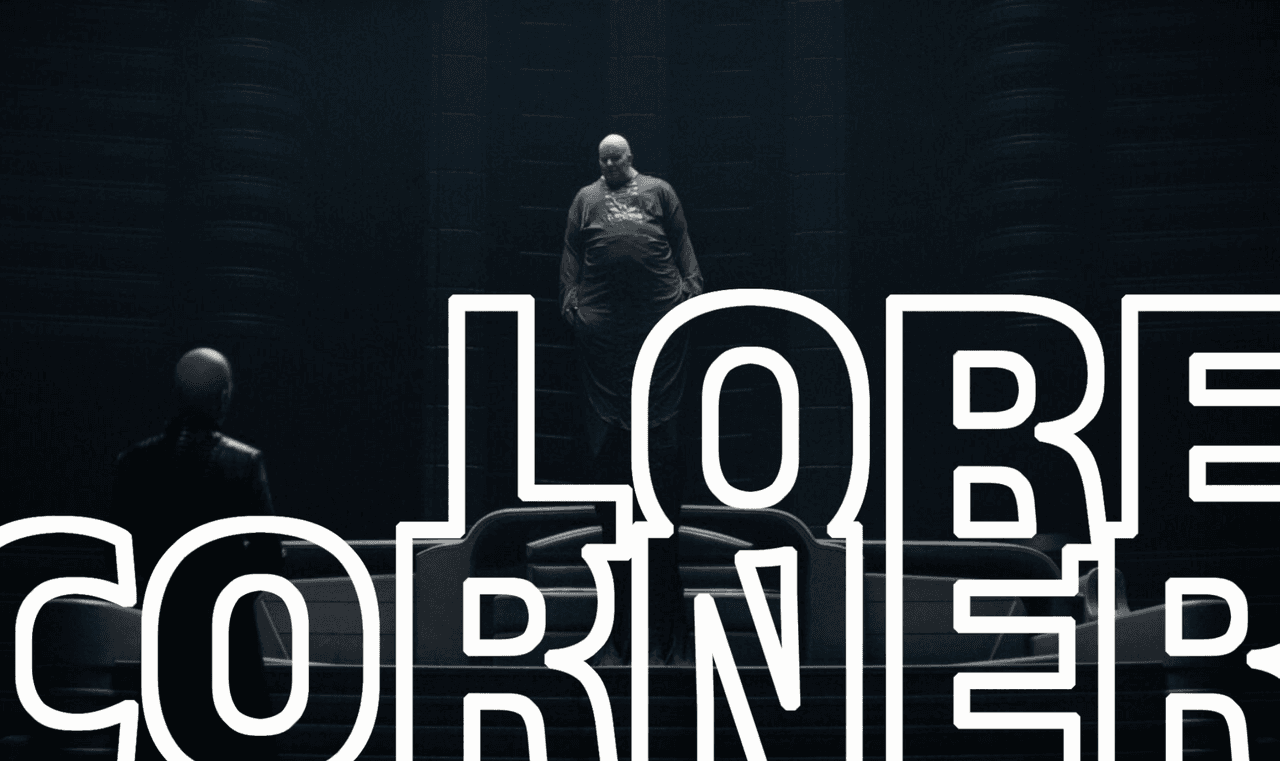
Popverse's top stories
- DC Comics revamps Teen Titans with Red Hood leading a new generation of heroes
- Why anime can't resist the allure of the isekai
- If you’re starting Daredevil, here’s why Born Again matters
Greetings Popversians, and welcome to Lore Corner! Each week, video producer Ashley V. Robinson and staff writer Grant DeArmitt are going to take you deep into the preexisting lore behind some of pop culture's most exciting adaptations, such as the epic, spacefaring universe of Dune: Prophecy. Happy diving!
Two episodes into Dune: Prophecy and one thing is for sure - Harkonnen's gonna Harkonnen. Though both Harkonnen sisters, Valya and Tula, are infinitely more likable than their future relative Baron Harkonnen (who moviegoers met in Dune: Part One), we can already see the seeds of villainy in both characters that will continue growing into the brutal, almost subhuman evil that Paul Atreides will defeat some 10,000 years later.
Yes, House Harkonnen is just about as evil as a sci-fi baddie can be, which is why it may shock you to learn that, once upon a time, an ancestor of their clan made a bold stand to save the lives of millions of human beings. In fact, that's exactly why House Harkonnen is in the position it's in at the beginning of Dune: Prophecy, and why Valya and Tula...
Ah, but we're getting ahead of ourselves. To understand the tragedy at the heart of Dune's worst family, we've got to begin by asking:
What is the history of House Harkonnen?
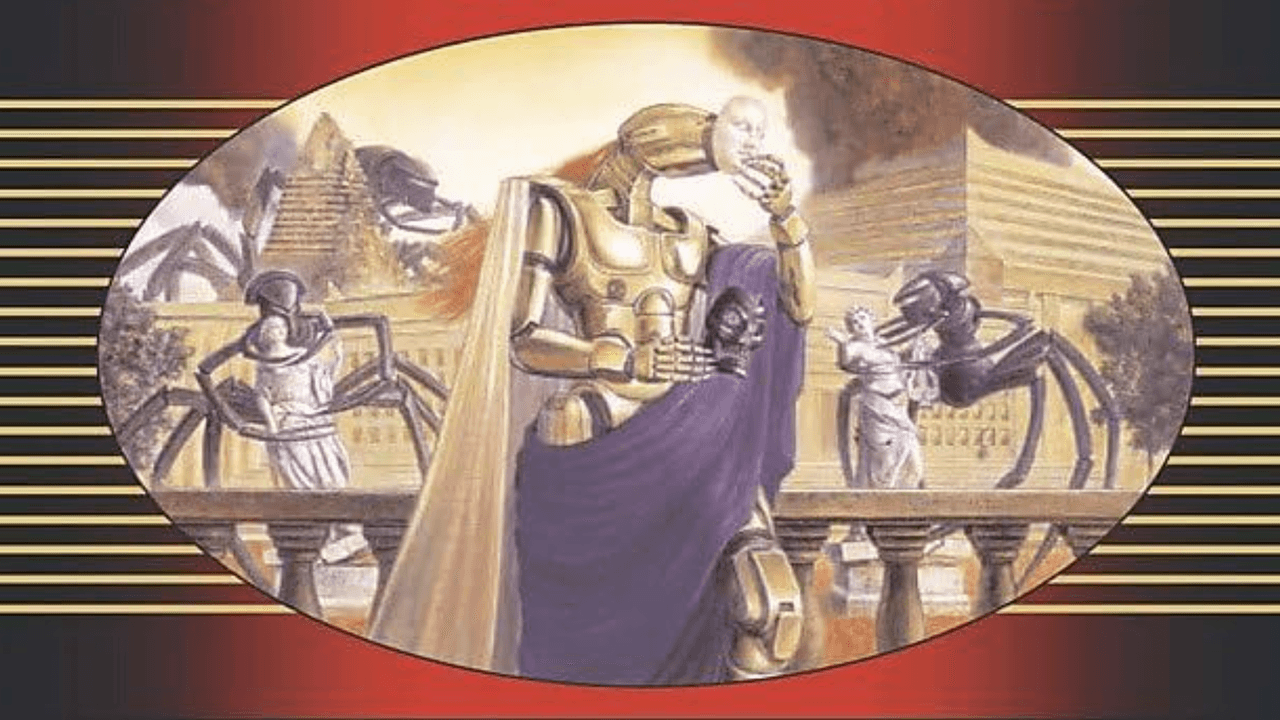
As you saw in the beginning of Dune: Prophecy episode 1, humanity is still reeling after a century-long battle with the "Thinking Machines," an organized hivemind of AIs, called Omnius, that had enslaved humanity before the story we see in Prophecy began. It's in this era we find the bravest (and potentially, only humanitarian) deed that a Harkonnen ever committed. But to give you an even clearer picture of just how bad the House is portrayed, the character's name wasn't even Harkonnen at the time of his act - it was Abulurd Butler.
After one hundred years of bitter struggle against Omnius, human kind finally had their former robotic overlord on the ropes, staging an attack on the planet Corrin. In a cruel but crafty move, Omnius's forces, led by a character called Erasmus, rigged the planet's defenses with satellites armed to explode, each containing living human beings. If the humans were to invade, the robots proclaimed, the crafts would explode, slaughtering millions.
The leader of that seige was a man called Vorian Atreides, a powerful military figure and, yes, ancestor of Paul. While Vorian insisted that the battle commence, Abulurd Butler was one of the lone voices that decried the move as madness, unwilling as he was to sacrifice millions of innocents for a chance at victory. Vorian ignored his pleas, and thus was born the House Harkonnen and House Atreides feud.
But just how did Abulurd end up with that hated name? Well, the battle of Corrin was not the slaughter that Erasmus had devised. Upon learning that his human lover was aboard one of the satellites, Erasmus disarmed the explosives, essentially dooming his kind. The humans invaded Corrin and declared victory of the Thinking Machines, and in the fallout, Vorian was proclaimed a hero and Abulurd was proclaimed a traitor and a coward.
Because of his humanitarian plea, Abulurd was forced to carry the name Harkonnen, after a despised ancestor in his family tree. This would be the equivalent of forcing a person in today's history to change their name to Judas, or maybe Benedict Arnold - the historical connotation brings shame upon both tehm and tehir descendants. Which brings us to...
What do the Harkonnens want in Dune: Prophecy?
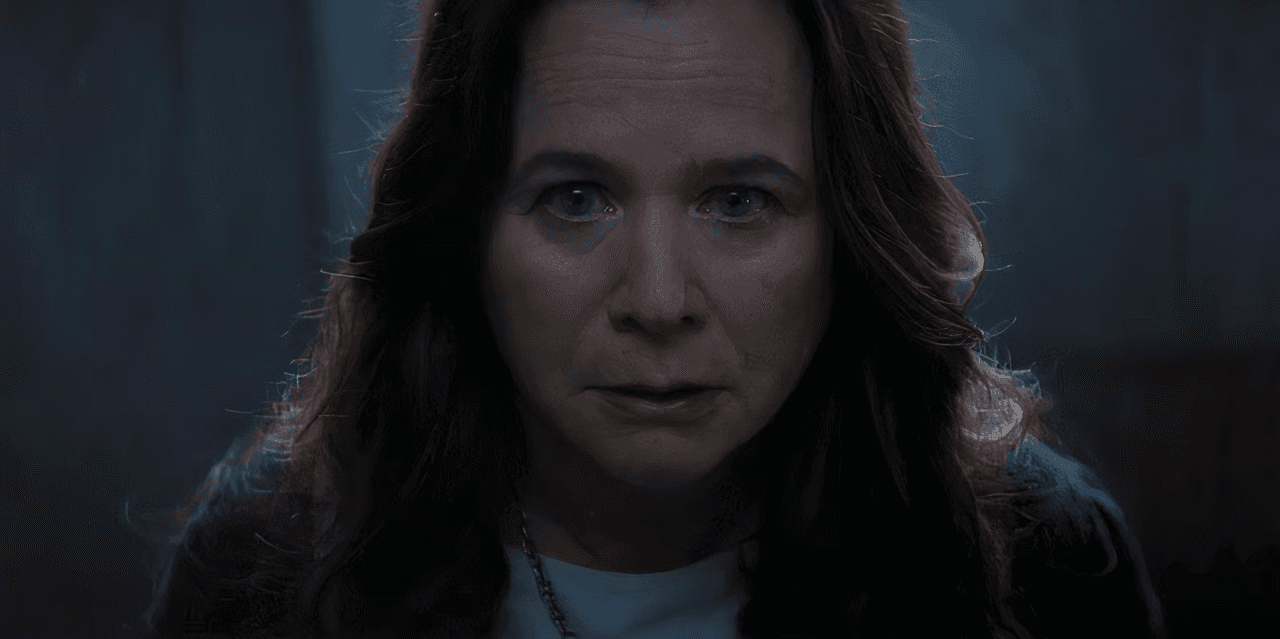
Cut to several decades later, into the history we're witnessing unfold right now in Dune: Prophecy. Abulurd's great-grandaughters, Valya and Tula, are still branded with his Harkonnen name, and suffer the same shame he did. What's even worse is the fact that their enemies, House Atreides, have been established as one of the Major Families to govern the galaxy after the fall of the Thinking Machines.
As established in the first episode of Dune: Prophecy, a major motivating force for at least Valya Harkonnen's actions is to redeem her family name. This, along with a deep hatred for House Atreides, is what leads her to use the secret sect of the Bene Gesserit to bend the galaxy to her will. And to be 100% fair, we see at least a little bit of where she's coming from. Despite his willingness to sacrifice countless lives, Vorian Atreides's family is bathed in the historical light of heroism...
Is it any wonder that his greatest rival turns his family to the shadows?
What happens to the Harkonnens between Dune: Prophecy and Dune: Part One?
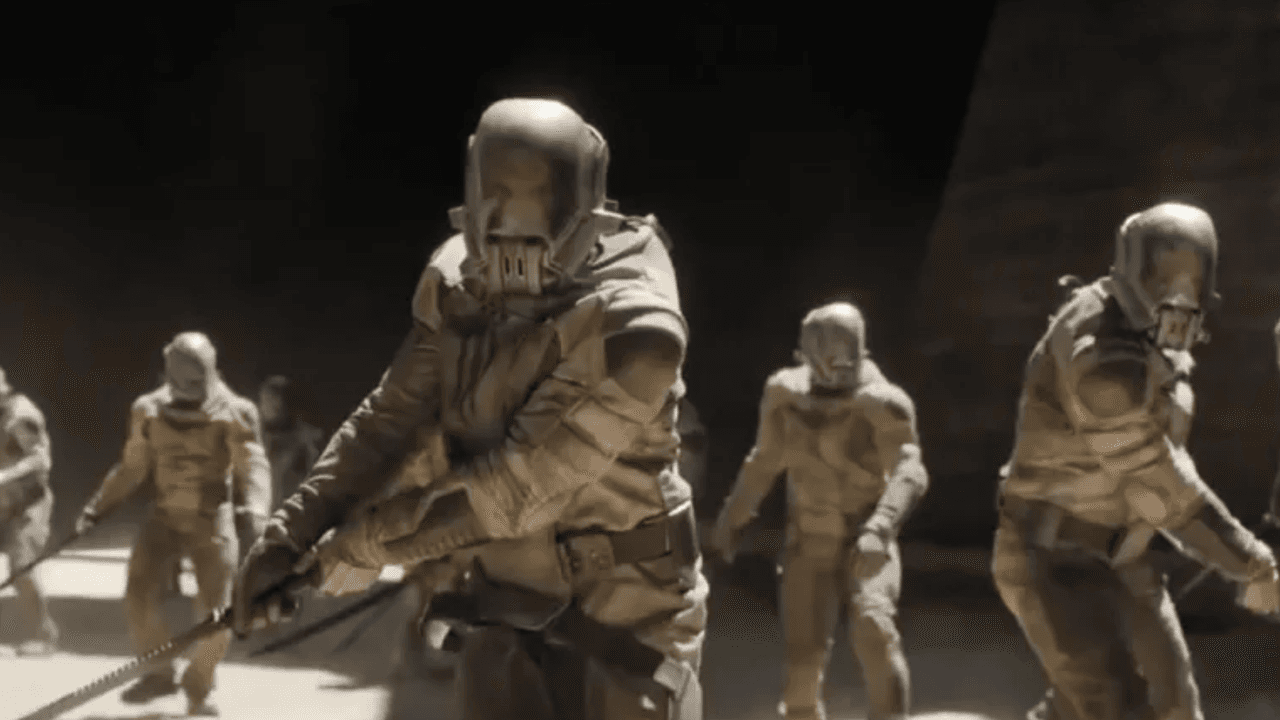
As we all know, House Harkonnen never redeems itself. The hate born within Abulurd ferments into a toxic gene that curses all of his descendants, and the shadowy actions of his great-grandaughters, whatever their motives may be, turn into the fascistic and underhanded methods of all the Harkonnens to come. And though they would eventually attain the same kind of power that their enemies the Atreides clan achieved immediately following the war with Omnius, it would be an ill-gotten power, built on the violence of their murderous soldiers, The Sardaukar, and their enslavement of the Fremen of Arrakis.
Still, it's worth noting that, during one shining moment of their history, one Harkonnen stood up for the lives of the innocent. It goes to show you, as Frank Herbert repeatedly said of his science fiction saga, that history is a complex and extremely nuanced thing. Even in the worst of villains there can be a thread of heroism.
And as Dune: Part Three will prove, great evil can come of the noblest of heroes.
Face your fear, and permit it to pass over you and through you with our key guides to all things Dune:
- Dune: Part Two's ending explained,
- All the Dune sequels and TV show prequels that are planned
- Dune watch order
- Which Frank Herbert story Denis Villeneuve believes would make a great Dune: Part Three
- Movies to watch after you've finished Dune
- Sisterhood of Dune ending explained: Understanding the book that Dune: Prophecy was based on
After reading it all, turn to the inner eye to see its path.
Follow Popverse for upcoming event coverage and news
Find out how we conduct our review by reading our review policy
Let Popverse be your tour guide through the wilderness of pop culture
Sign in and let us help you find your new favorite thing.





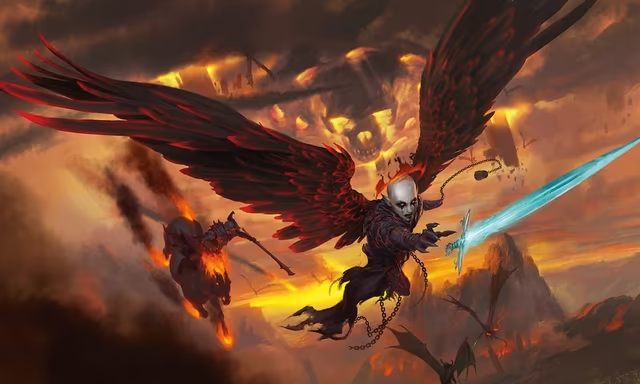
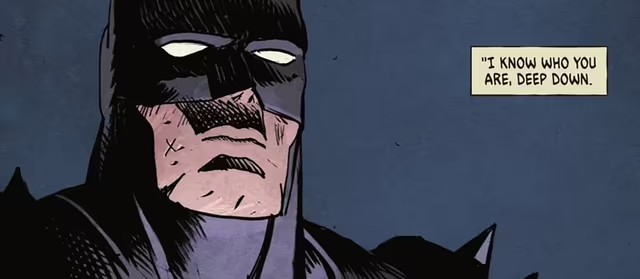
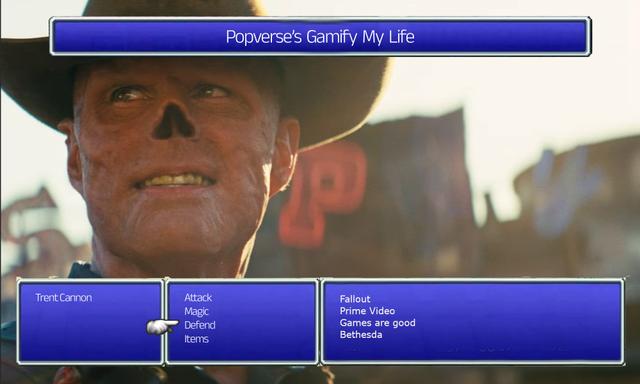
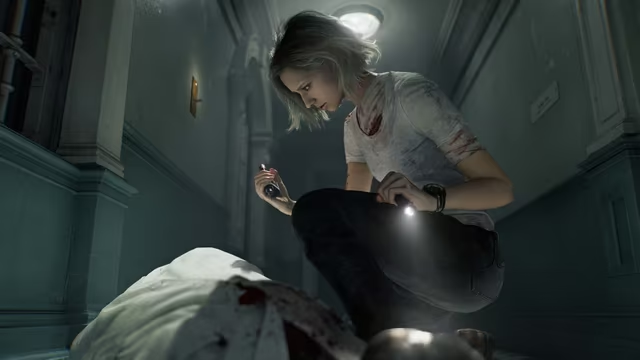
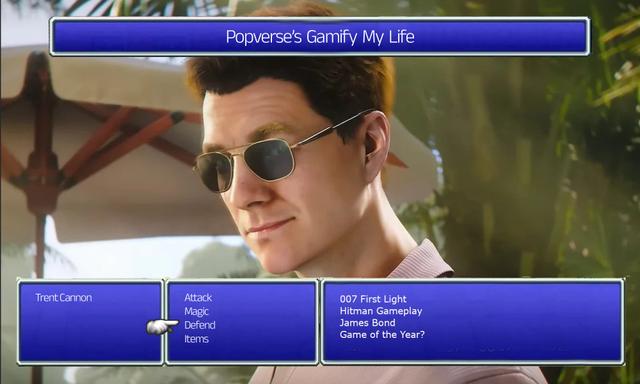






Comments
Want to join the discussion? Please activate your account first.
Visit Reedpop ID if you need to resend the confirmation email.